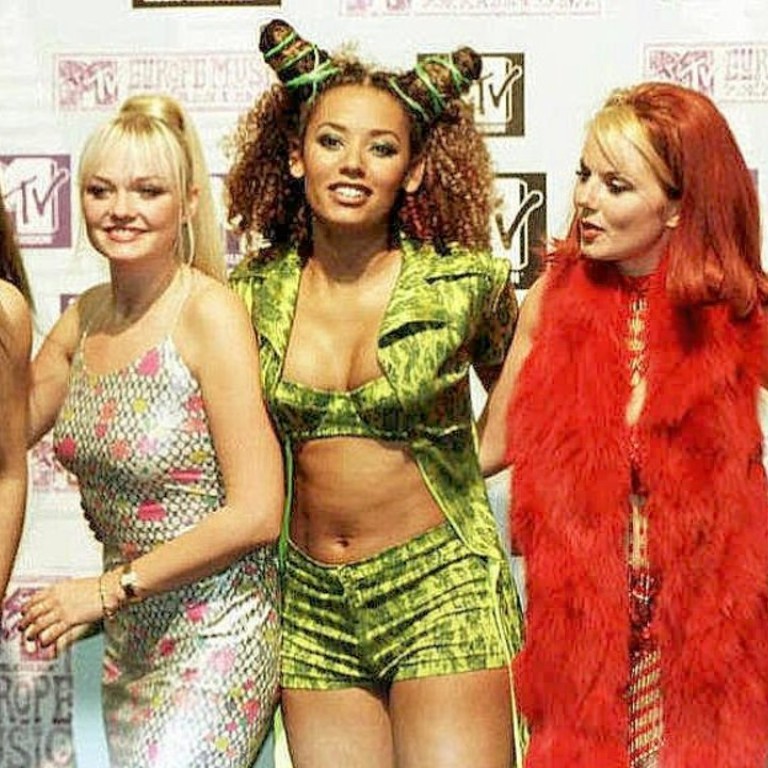
How the Spice Girls redefined girl power in the 1990s, reclaiming the word ‘girl’ for female strength
On the International Day of the Girl Child, marked by the United Nations since 2012, we look at how the word ‘girl’, which can have derogatory connotations, is being redefined
The United Nations’ International Day of the Girl Child is observed on October 11, but what does it mean to be a girl?
By definition, a girl is a female child – the counterpart of “boy” – and the word is frequently prefixed with adjectives such as “baby”, “little” and “young”. However, “girl” can also describe an adult woman when preceded by “all-American” or “cover”. Add the word “working” and you would be referring to a prostitute. “Girl” can carry an offensive meaning (as can “boy”) in South Africa, and historically in the United States, where it was used to refer to a black servant. “Girl” has also been used to disparage an effeminate or homosexual man. “Throw/ run/ hit like a girl” are common insults, usually directed at males by males, suggesting an action executed in an inferior way.
If all this makes you want to scream (like a girl?), I hear you.
Gender equality in Hong Kong – why men are part of the solution too
But it wasn’t always like this. Until late-15th-century Middle English, a “girl” was a child of either gender (a meaning maintained in Irish English). Male children were referred to as “knave girls” while females were called “gay girls”.
Today, we are redefining what “girl” entails. The 1990s US underground feminist punk movement, often associated with third-wave feminism, coined the term “riot grrrl”, filling the word with a growl to redress its derogatory use. “Riot grrrl” went beyond the music scene and genre, encompassing zines, art, ethics and activism. The phrase “girl power” – arising via riot grrl and popularised by late-90s British pop quintet the Spice Girls – is now a popular slogan for initiatives from design to sports to STEM (science, technology, engineering and mathematics) research.
Feminine hygiene brand Always’ 2014 #LikeAGirl campaign significantly changed negative associations of the phrase and it became a reaffirmation of female self-esteem, the hashtag trending prominently across social media. Reappropriating language brings personal and sociopolitical empowerment.
So what does it really mean to be a girl? In many parts of the world, it means facing significant challenges – compared with boys – in accessing education, receiving vaccinations, suffering from health and nutrition problems, being vulnerable to sexually transmitted diseases, facing child marriage and being subject to gender-based violence. A global commitment to addressing the needs and challenges girls face is critical for promoting female empowerment and the fulfilment of human rights, through and beyond language.
You go, girl!

